Driveway Water Control Timing Tips
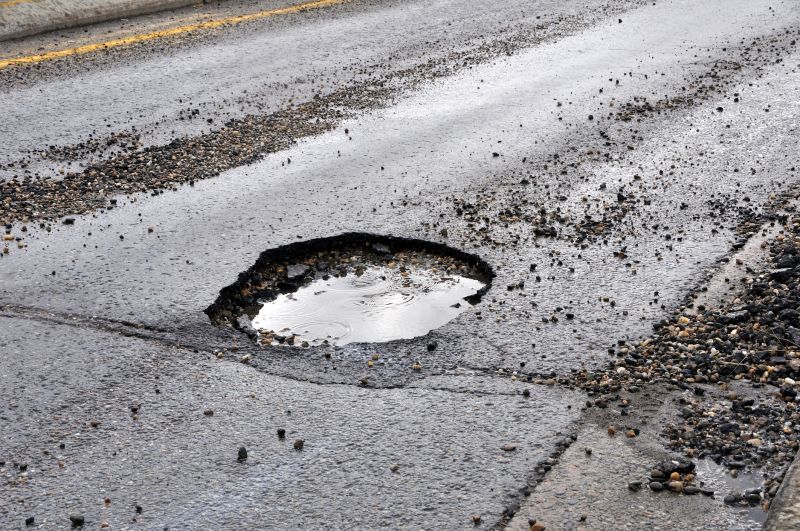
Perform driveway assessments before heavy rainfall seasons to identify potential issues.
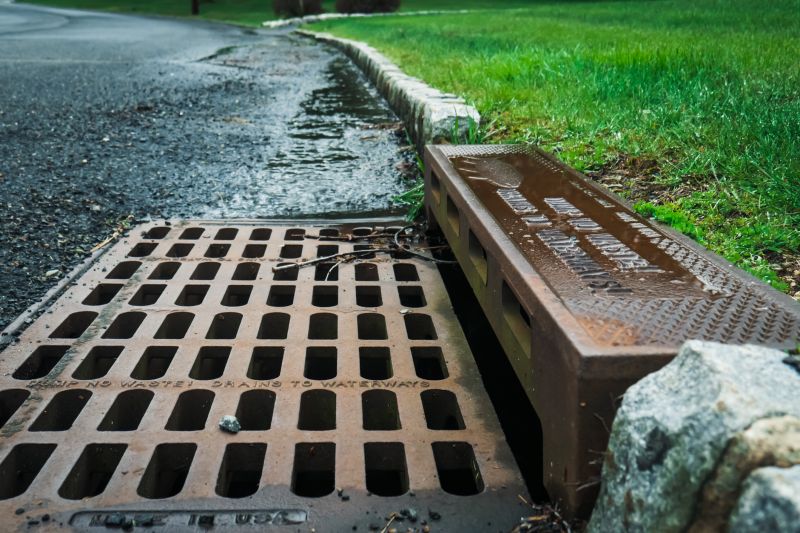
Inspect driveway drainage after storms to ensure water is properly diverted.
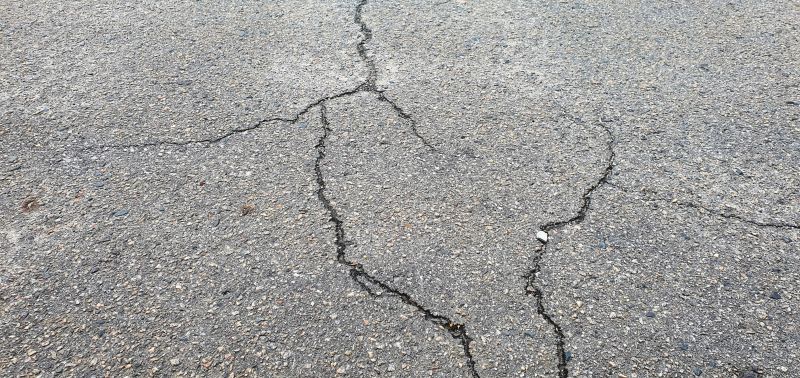
Carry out repairs and cleaning during dry periods to prepare for upcoming weather.
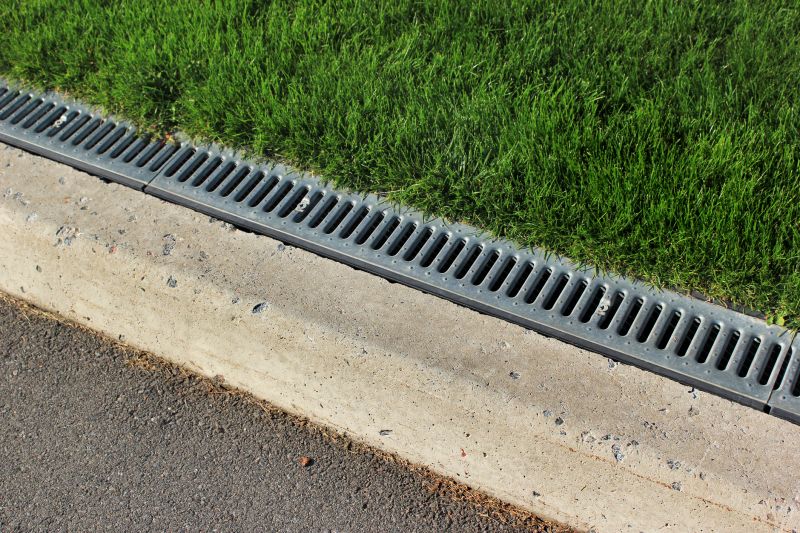
Ways to make Driveway Surface Water Controls work in tight or awkward layouts.
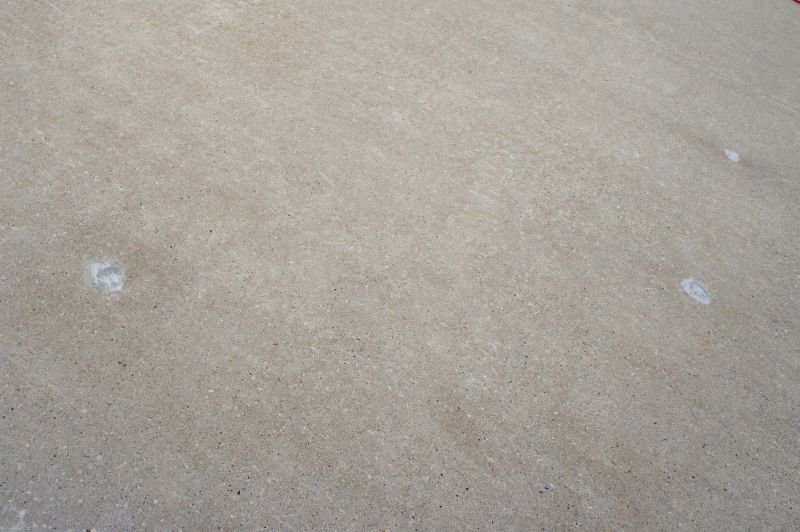
Popular materials for Driveway Surface Water Controls and why they hold up over time.
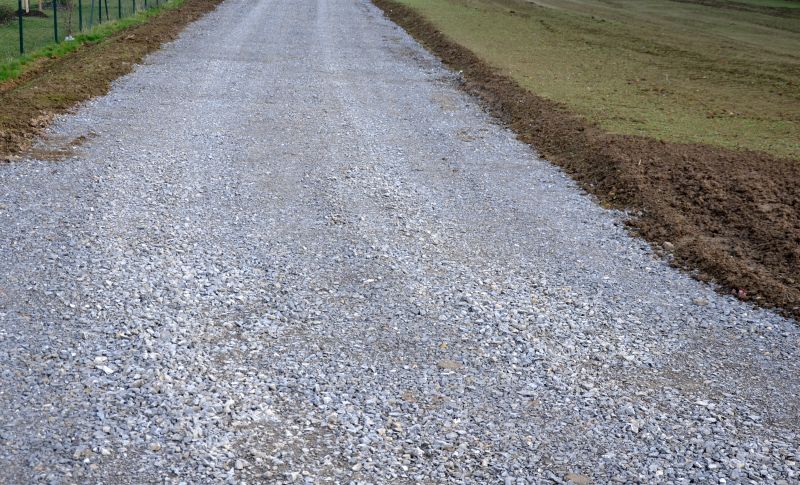
Simple add-ons that improve Driveway Surface Water Controls without blowing the budget.
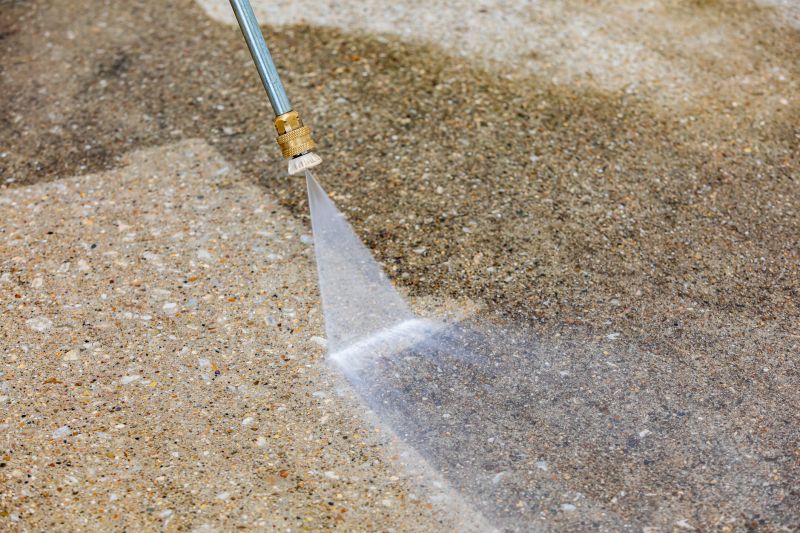
High-end options that actually feel worth it for Driveway Surface Water Controls.
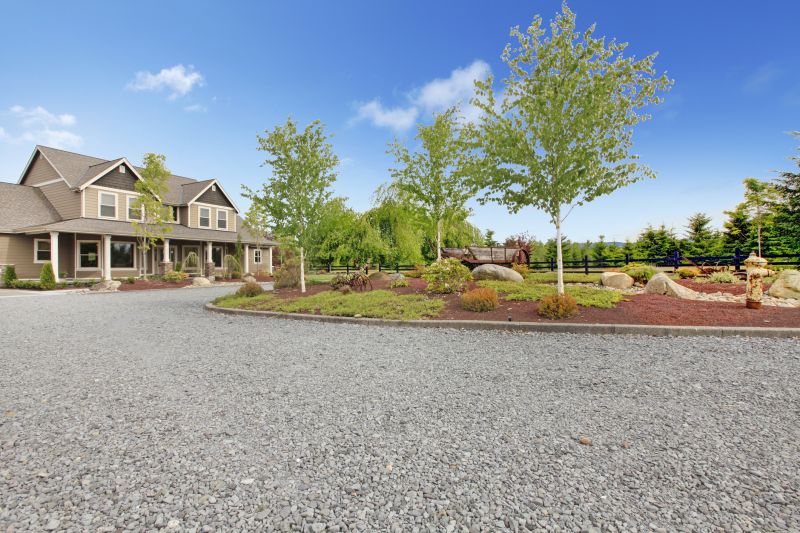
Finishes and colors that play nicely with Driveway Surface Water Controls.
Driveway surface water controls are essential for managing runoff and preventing erosion or damage to the driveway structure. Proper timing of maintenance and installation can significantly enhance drainage efficiency and longevity. The best time to implement or inspect these controls is typically before and after heavy rainfall periods, ensuring that systems are functional during critical weather events.
Statistics indicate that well-maintained driveway drainage reduces water pooling by up to 85%, minimizing damage and the need for costly repairs. Regular inspections during dry seasons allow for early detection of cracks or blockages, which can compromise drainage performance during storms. Implementing surface water controls at optimal times ensures effective water diversion and prolongs the lifespan of the driveway.
Schedule driveway assessments before winter and summer to address potential issues.
Adjust drainage systems based on seasonal weather patterns for optimal performance.
Early intervention during dry periods can prevent costly storm damage repairs.
Consider upgrades during off-peak seasons for minimal disruption.
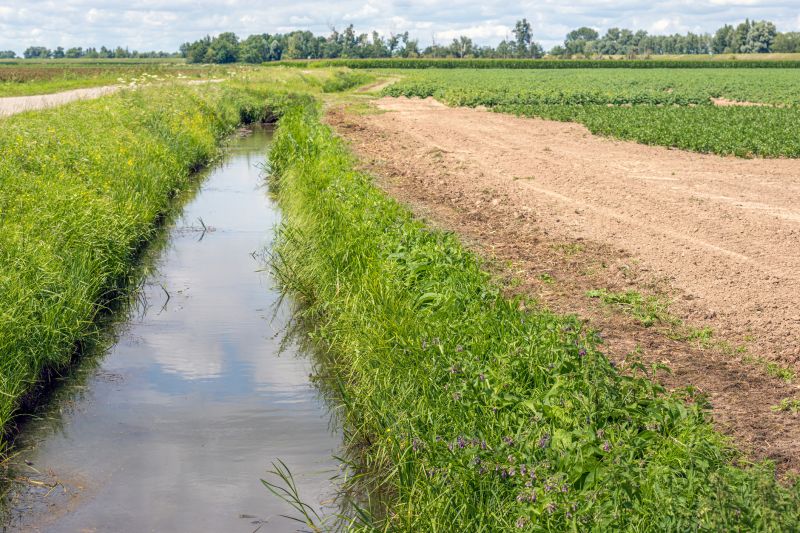
Proper installation ensures effective water diversion.
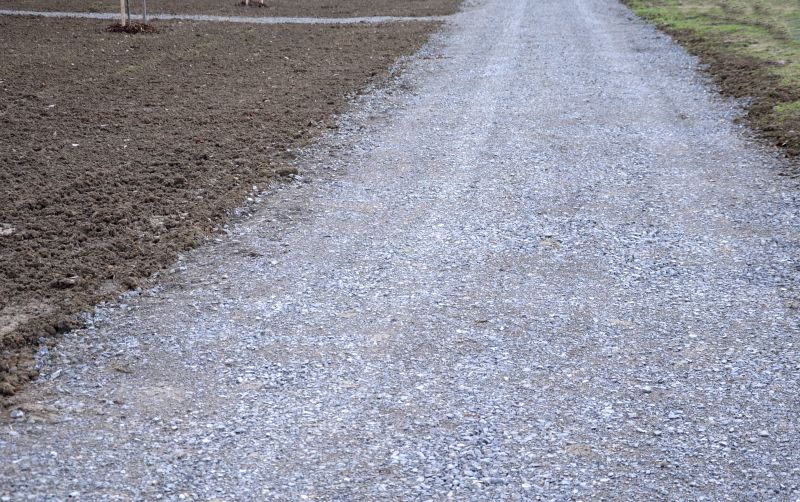
Proper grading directs water away from the driveway.
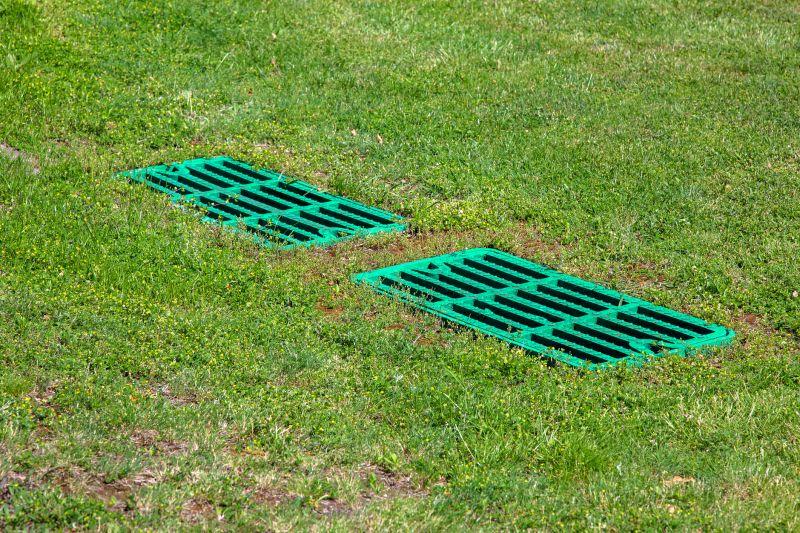
Use grates to prevent debris blockage.
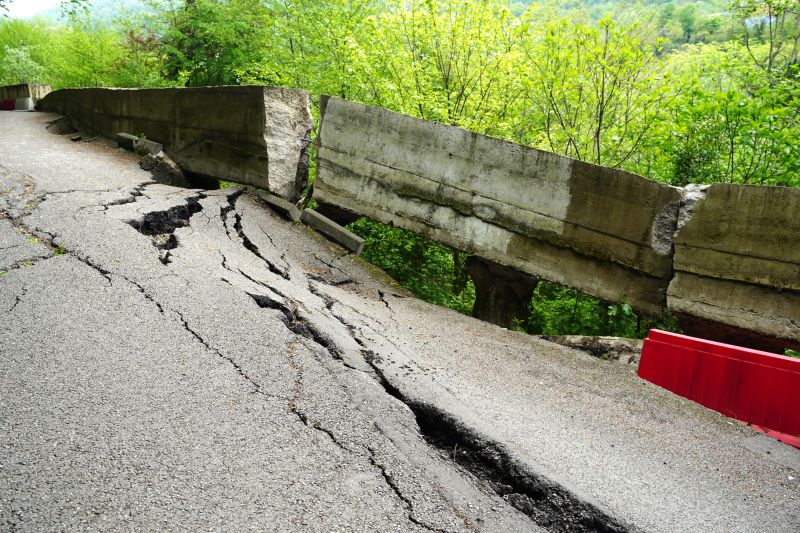
Prevent soil erosion with timely controls.
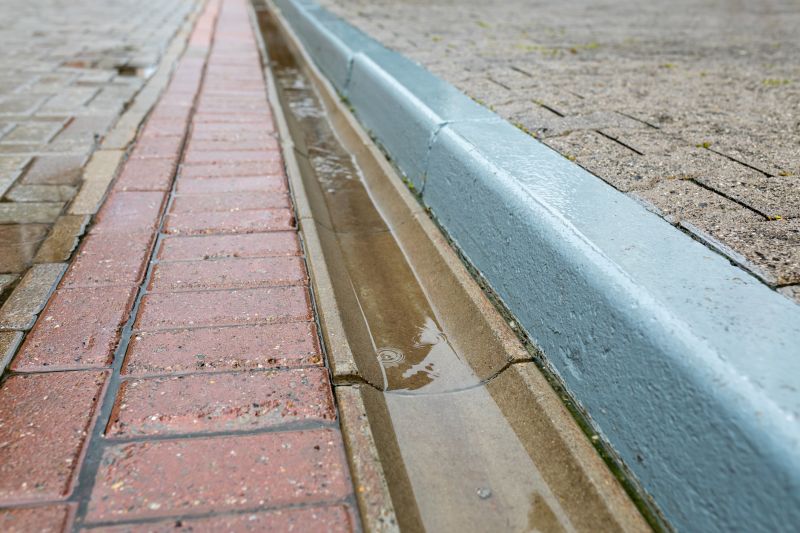
Water bars redirect runoff efficiently.
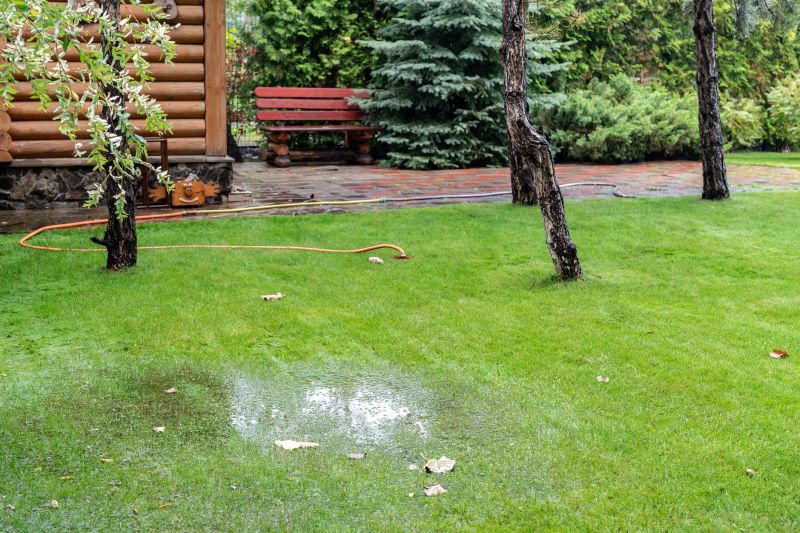
Capture surface water before it causes damage.

Allow water to pass through and reduce runoff.
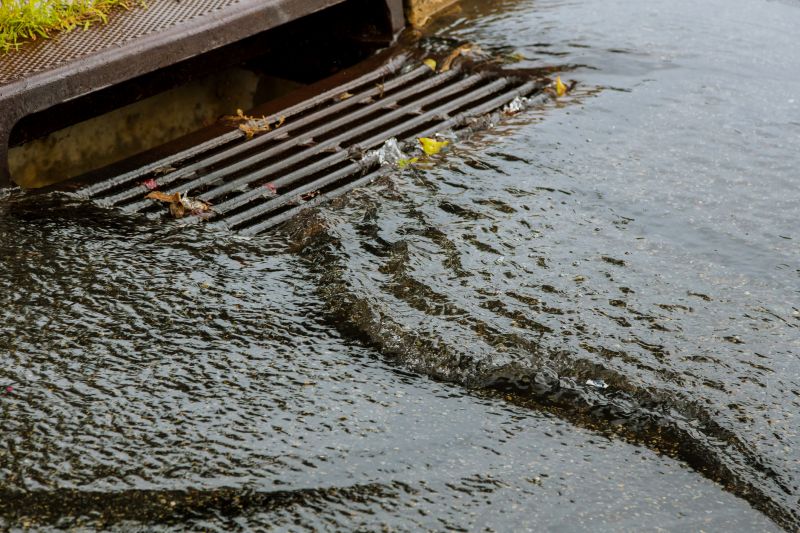
Maintain driveway stability during heavy rain.
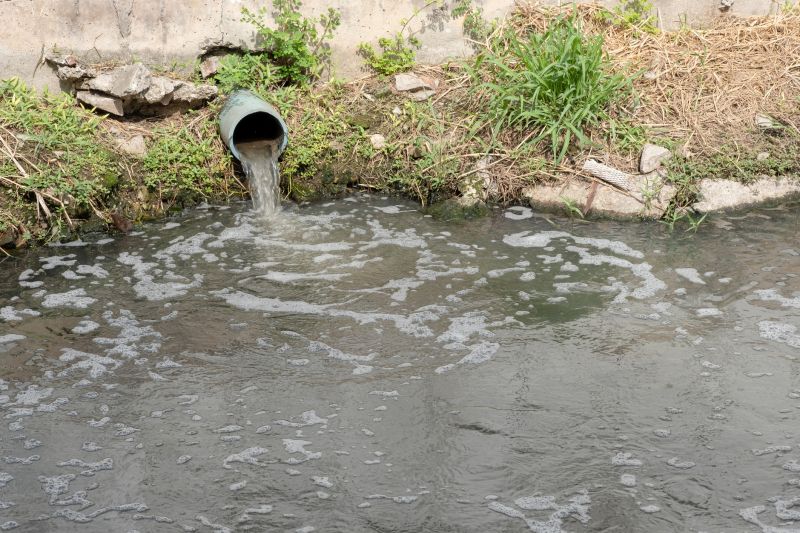
Ensure pipes are clear and functional.
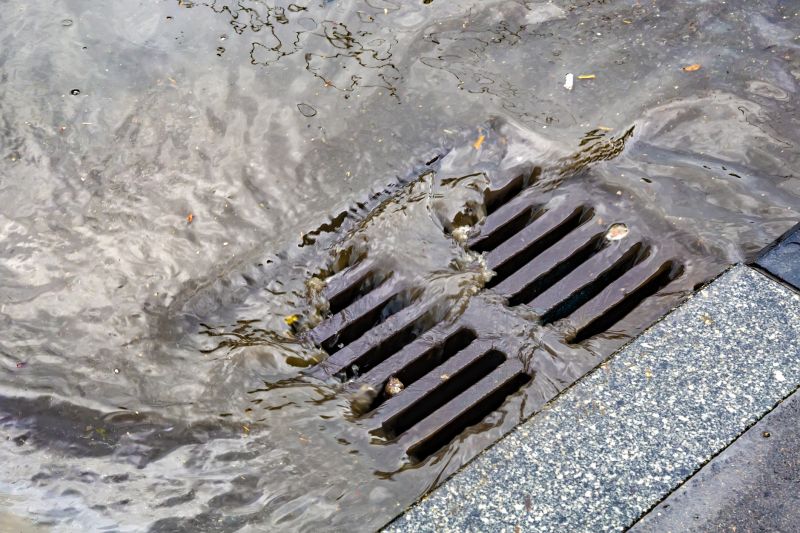
Maintain proper slope for drainage.
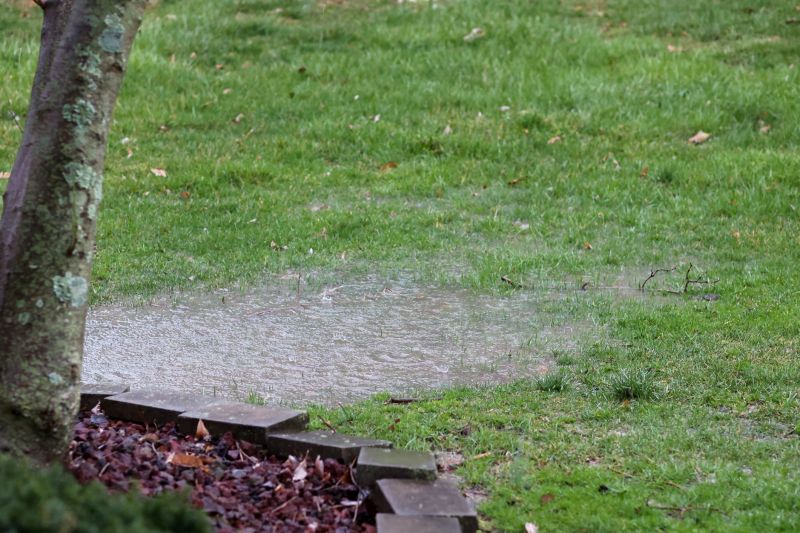
Use vegetation to slow water flow.
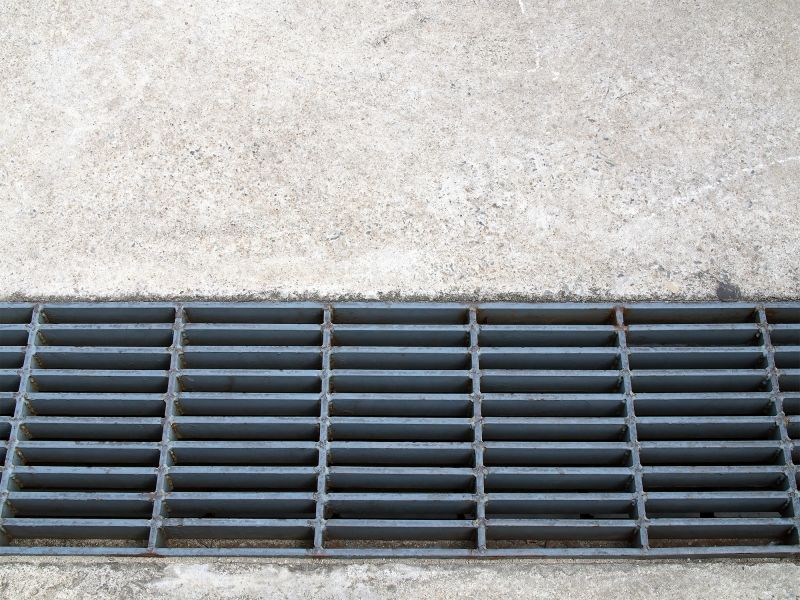
Prevent washouts during storms.
| Timing | Recommended Action |
|---|---|
| Before heavy rainfall | Inspect and install surface water controls as needed. |
| Immediately after storms | Assess and clear drainage systems. |
| Off-season | Perform repairs, cleaning, and upgrades. |
| Prior to winter | Ensure snowmelt drainage is effective. |
| Prior to summer | Check for erosion and reinforce controls. |
| During dry periods | Conduct preventative maintenance. |
Effective management of driveway surface water controls involves strategic timing aligned with seasonal weather patterns. Regular inspections and maintenance during dry periods help prevent issues before heavy rainfall, reducing the risk of driveway damage. Properly timed interventions ensure drainage systems operate efficiently when most needed, safeguarding the driveway's structural integrity.
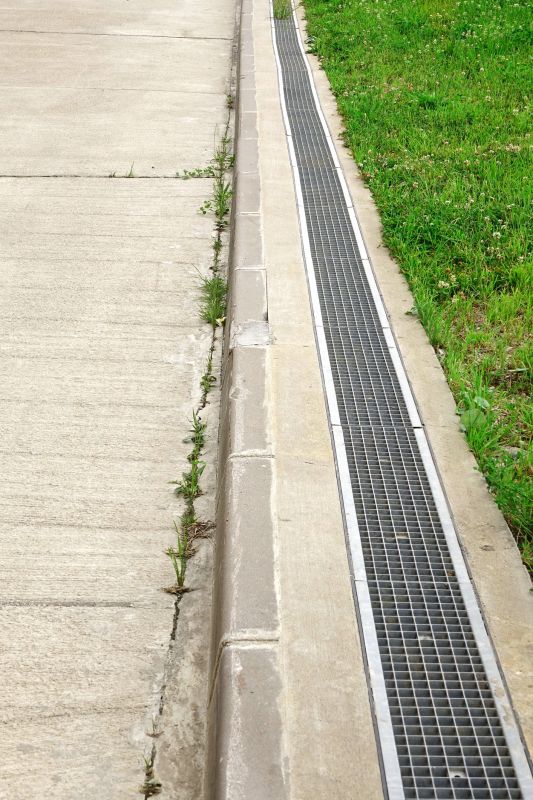
Properly timed installation enhances runoff management.
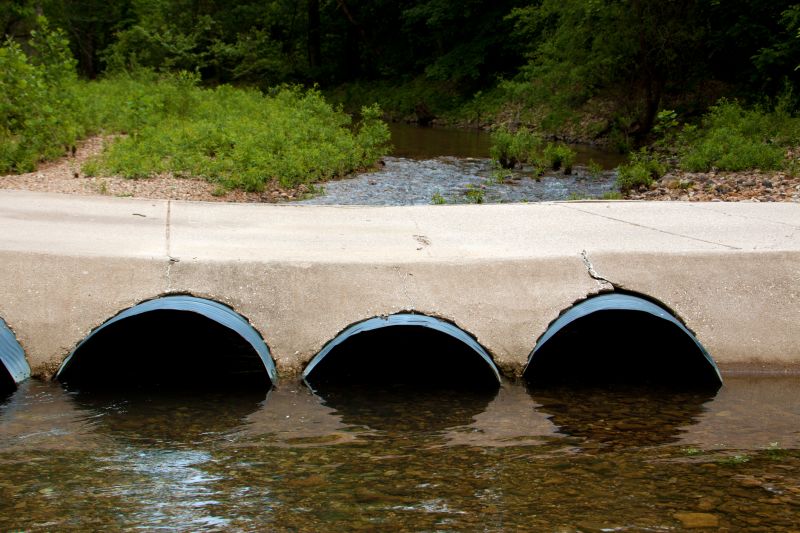
Effective controls prevent pooling and erosion.
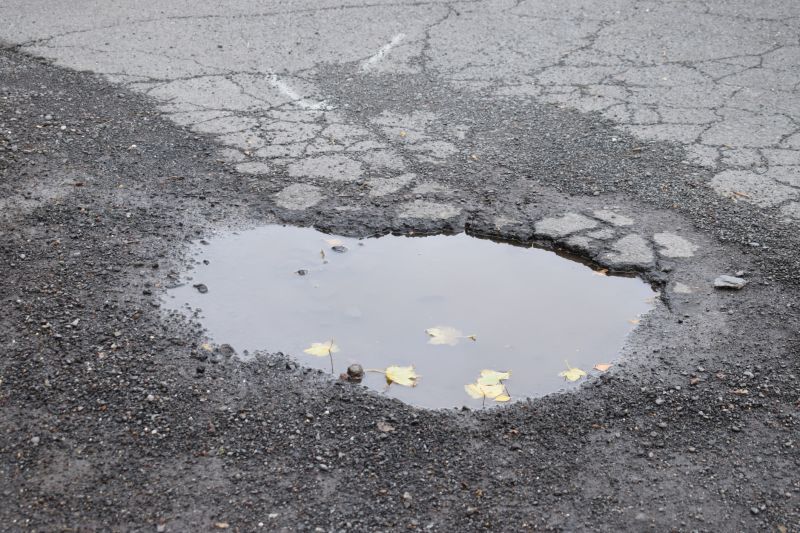
Prevents blockages and damage.
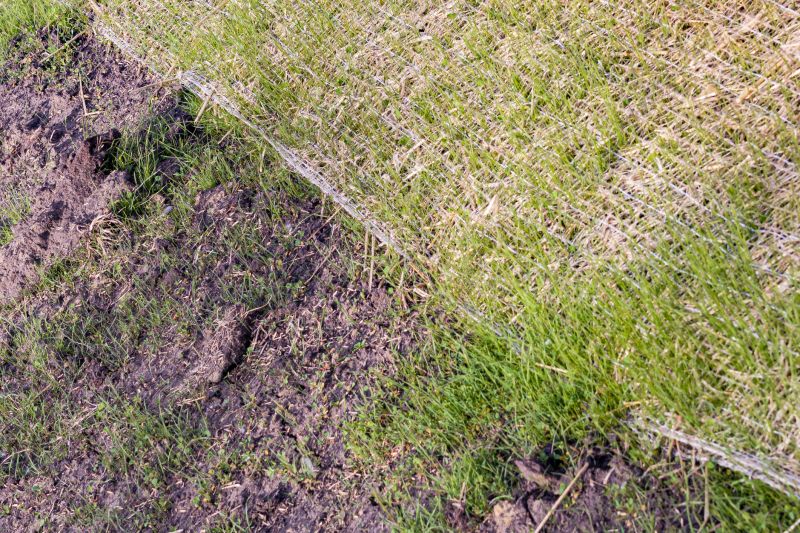
Timing is key for long-term stability.
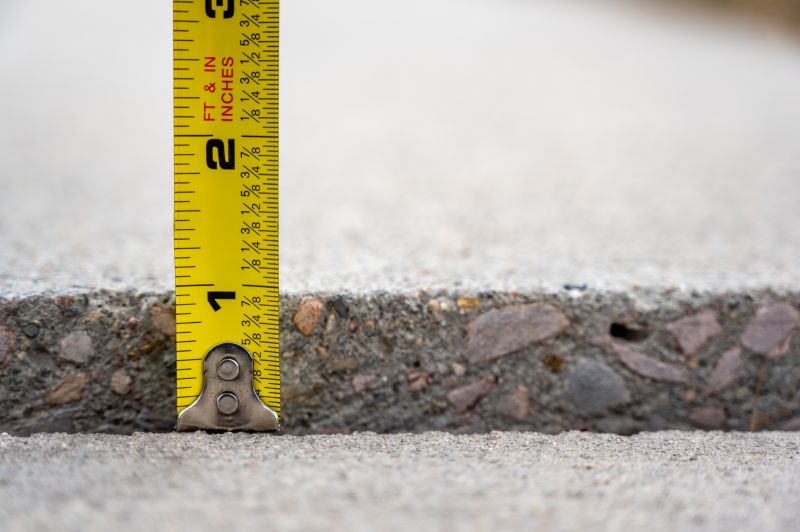
Little measurements that prevent headaches on Driveway Surface Water Controls day.
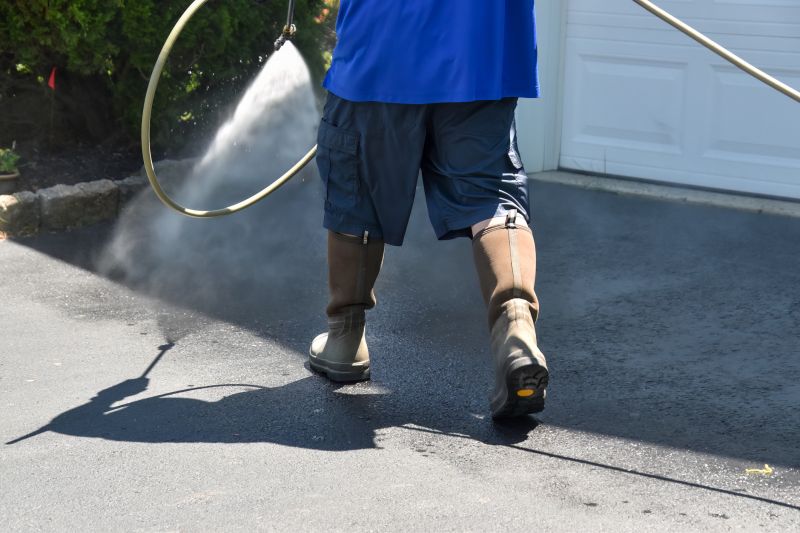
A 60-second routine that keeps Driveway Surface Water Controls looking new.
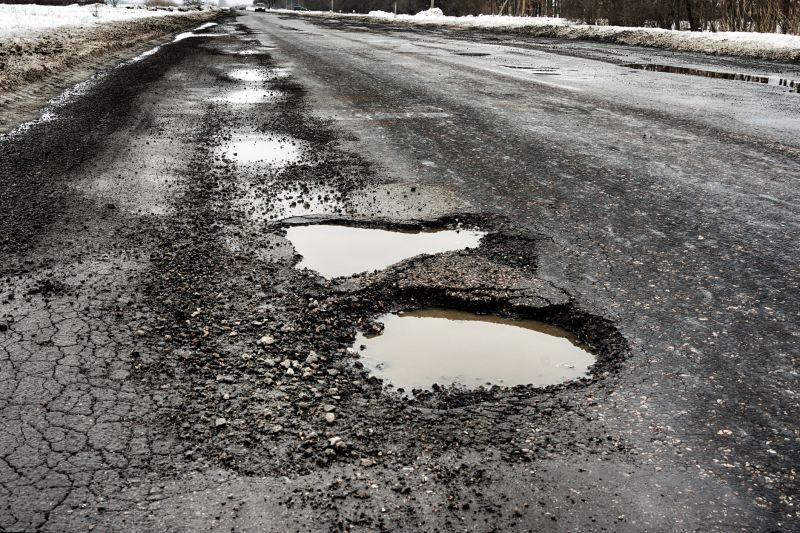
A frequent mistake in Driveway Surface Water Controls and how to dodge it.
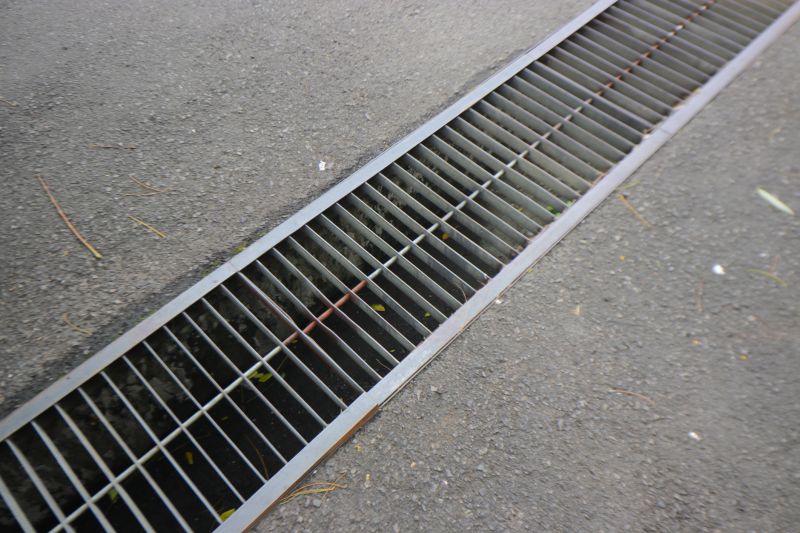
Small tweaks to make Driveway Surface Water Controls safer and easier to use.
Considering the timing for driveway surface water controls can significantly impact their effectiveness. Implementing measures before heavy rainfalls and conducting maintenance during dry periods ensures optimal performance. Properly timed actions help prevent costly repairs and extend the lifespan of the driveway infrastructure.
Interested parties are encouraged to contact for further information or assistance with driveway surface water control planning and implementation. Proper timing and maintenance are critical for effective water management and driveway durability.
